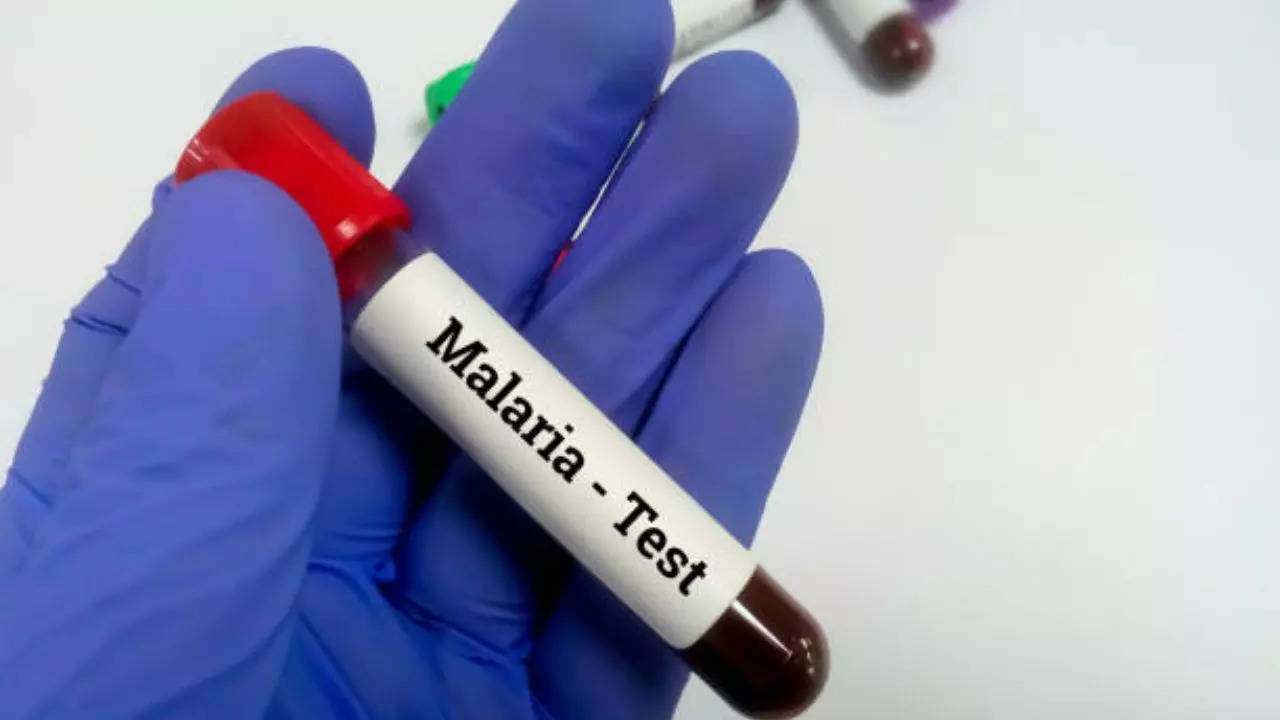
Noida: The city recorded 106 cases of malaria so far, an all-time high in Noida since 2022. Twenty-one cases were recorded over the last 10 days alone. Meanwhile, Noida reported 128 dengue cases so far. Keeping in mind the number of cases, the health department has begun extensive screening and door-to-door surveys to identify hotspots reporting waterlogging.
Sruti Kirti Verma, district malaria officer, said, ''Till date, over 150 notices have been issued to residential societies and households where mosquito larvae were detected,'' as quoted by TOI. In 2023, Noida recorded 44 malaria cases, while 104 were reported in 2022.
In Ghaziabad, the malaria cases have touched 21 caseloads so far. The city has also recorded 38 dengue cases this season; of them, six are currently admitted to various hospitals. The report mentioned that in September, one suspected dengue death case was reported from the city.
Across the two cities, hospitals have recorded a rise in the number of patients visiting outpatient departments (OPDs) with flu-like symptoms, including high fever, cough, and runny nose. As per the TOI report, doctors are treating over 350 patients at OPDs, many suffering from low platelet counts, which is a common symptom associated with dengue.
Health officials have urged residents to remain alert, take preventive measures, and report any stagnant water sources that could facilitate mosquito breeding, the TOI report added.
Also Read: Winter Action Plan: 10 Pollution Hotspots Identified in Noida, GRAP Measures Set for Implementation Soon
In another update, the UP Pollution Control Board (UPPCB) has listed 10 hotspots in Noida where pollution levels are likely to exceed a certain threshold. However, the authority has yet to identify any such areas in Greater Noida. Graded Response Action Plan (GRAP) measures will be implemented in the city next month. Moreover, identifying pollution hotspots in advance helps authorities manage the situation more effectively.

